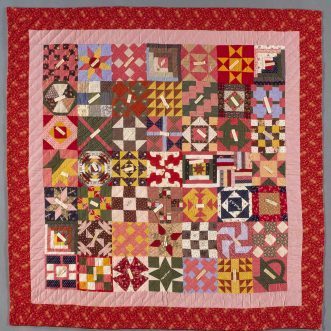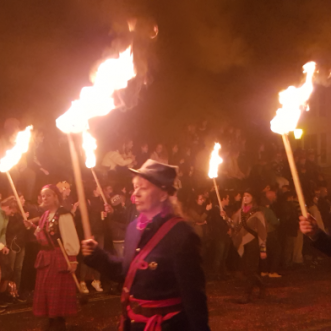February 6, 2019
Sam at Lewisham Local asked me to elaborate on what I mean by this:
‘scaling successfully is about creating an ecosystem where others can lead’
Here goes…
When you first start a small business you are in control. You make all the promises. You keep them. You are the leader of your own business.
When you can no longer keep up with demand yourself, you add more people. At first, this works, because you are offloading jobs that are easily defined (which could also be outsourced) such as bookkeeping, accounting, diary management, or you are handing over whole areas of responsibility such as sales for example, to another person and simply letting them get on with it.
Beyond a certain size though – perhaps around 5 -7 people – this approach starts to break down. You’ve run out of ‘easy to define’ jobs to offload, and the people you’ve handed responsibility to turn out to have completely different ideas about the promises you are making and how to keep them. They need watching, and controlling.
You are still the only leader, and you spend your time monitoring what other people are doing instead of working on your business. So you get stuck at this scale. You may even decide to scale back at this point, because going further just seems too hard.
What you really want is people who don’t need to be told, who can take responsibility for delivering on behalf of the business, each one of them a leader for the business.
But in order to do this, your people need an ecosystem that supports them.
For me this ecosystem looks like this:
-
It gives absolute clarity on who the business serves and what the business promises to do for them.
-
It nails down the values and behaviours that drive ‘the way we do things’ round here, setting expectations for behaviour for everyone in and around the business.
-
It is structured around processes, not functions, and certainly not management hierarchy. Processes start and end at the boundary of the organisation – they go from end-to-end, following the lifecycle of a prospect through to client and beyond. In this way the ecosystem stays focused on the people it serves. Everything that goes on inside the ecosystem is a side-effect of attracting and serving clients.
-
Processes provide clear direction on what needs to be done when, both to make the right promises to the right people, and to deliver on those promises – without specifying in excruciating detail how to do those things (although they may reference a library of techniques or ‘how-to’s that beginners may find useful).
-
Processes set out the usual run of events, without enumerating every possible scenario. This means that technical expertise still resides in the individual, who can exercise their professional judgement to handle exceptions, based on their own knowledge and experience, plus the values and behaviours expected of them.
-
It is based on roles, not individuals. Roles have clear responsibilities to clients. Roles run processes and each process is the exclusive responsiblility of one role. In effect every role-player leads their own processes. Roles may participate in processes they are not responsible for.
-
It ensures that everything is visible to everyone, and that all the resources needed to perform a role are available as and when they are needed.
-
Finally, it includes feedback mechanisms, so that it can improve and evolve. This includes rewards, which to be effective, should fairly reflect individual contributions.
In this ecosystem individuals can play more than one role, and the same role can be performed by many individuals. This is how you scale – you simply add more individuals in the roles you need.
Ideally, an individual runs an entire end-to-end process – effectively becoming a mini-business on their own, a bit like a franchise, but internal. This is how you can scale and transform to an employee-owned, employee-run business.
To begin with, you as the original leader will want to monitor and action all feedback, but roles should see everything too. Their responsibilities include improving the ecosystem based on this feedback.
Over time, as you become more confident that your people are running the business as it should be, you can let them get on with it – they will lead the business instead of you.
It takes a while to build an ecosystem like this, but once you have it, scaling becomes much easier.
That was a long elaboration – thank you for reading it.
Thank you Sam for asking it.




